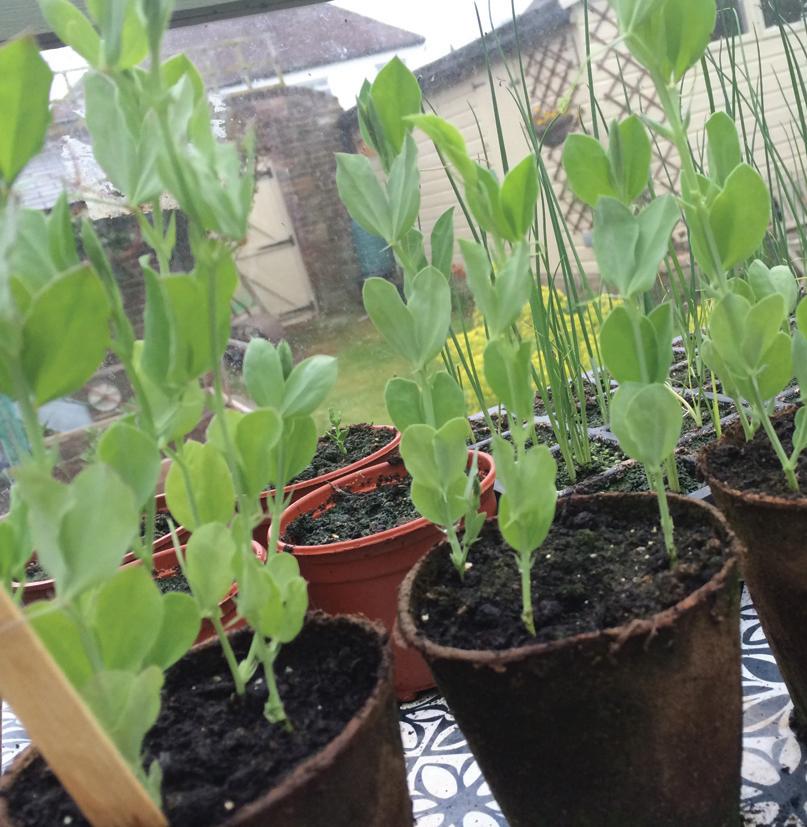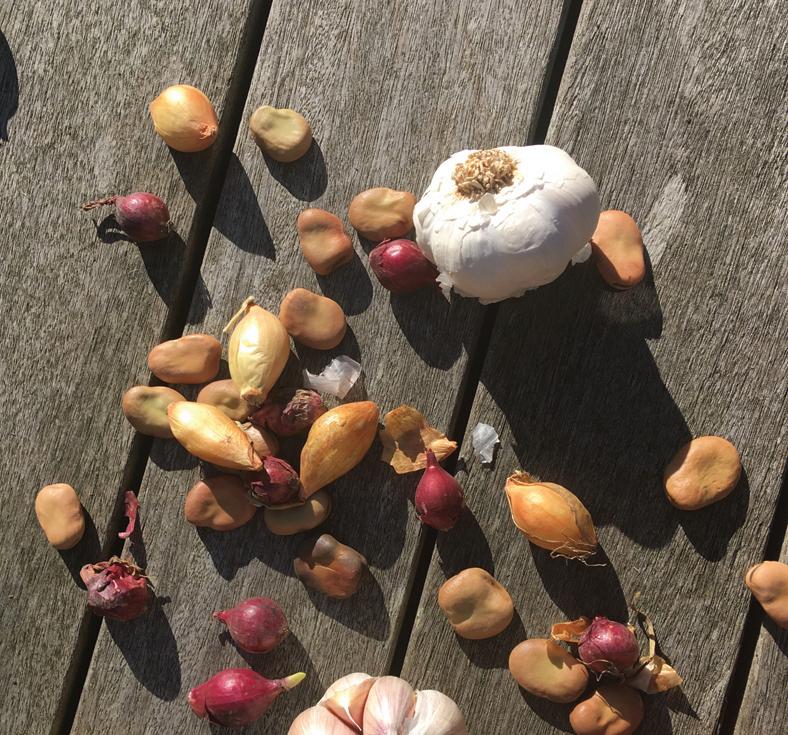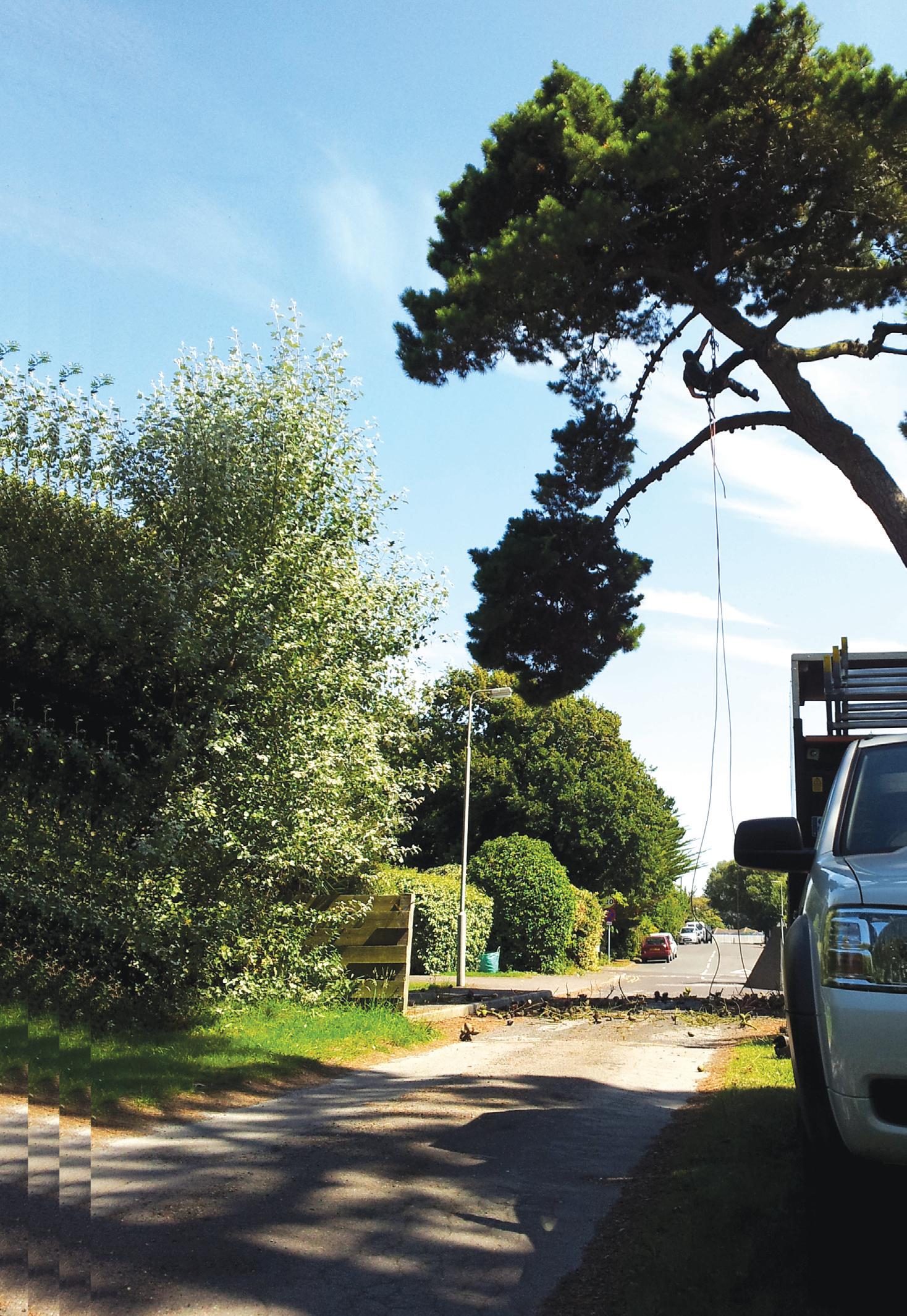
2 minute read
W L S
If you have received a diagnosis of dementia, or are concerned about becoming ill and unable to cope with paying your bills, wouldn’t it be helpful for a family member to be able to step in and deal with your finances? If your family member needed to make decisions for you, instead of just acting on your instructions, they would need your formal written authority to do this.
Formal authority can be given by creating a Lasting Power of Attorney.
Advertisement
This document will allow your family member to take over managing your money, either temporarily or long term.
You can also create a Lasting Power of Attorney which allows your family member to make decisions for you about medical treatment, if you are unable for any reason to make your own decisions. This is not the same as an Advance Decision, which is a document which sets out your decision to refuse medical treatment in the future, under specific conditions.
If you are caring for an elderly relative, or are likely to be doing so in the future, a Lasting Power of Attorney will mean that you can provide the support your relative needs and access services on their behalf, without the difficulties, stress and resistance you would otherwise encounter.
Having a Will gives you peace of mind that your money, property and personal possessions will be going to the people you have chosen to benefit. An out of date Will can cause problems within the family or mean that a chosen beneficiary receives nothing.
If you have any unanswered questions about Wills or Lasting Powers of Attorney, Christine will be pleased to help, so do please get in touch for a free, no obligation, chat.
Call Christine Davies Solicitor on 07860 772274 or email: christine@winterbornelegal.co.uk
Christine is a Fully Accredited Member of Solicitors for the Elderly and a Dementia Friend. Christine will visit you in your own home and aims to provide a warm personal touch to every meeting.








In The Garden
• Plant heathers in pots for winter colour
• Wash and disinfect bird feeders and table
• Clear sweet peas and annual climbers
• Fork over vacant soil
• Deadhead pansies to keep flowers coming
• Cut chrysanthemums to soil level after flowering
• Lift and store dahlia tubers or cover with mulch once leaves are blackened by frost
• Prune rambling roses after flowering
Greenhouse
• Clear out old tomato and cucumber cordons
• Move potted bulbs into the greenhouse
• Bring potted herbs under cover
• Ventilate the greenhouse on warm days
• Propagate perennials from root cuttings
• Sow sweet peas in pots

• Clean and tidy
• Try growing peas through the winter
• Sow hardy salad leaves and winter lettuce varieties
Veg Plot
• Plant garlic, overwintering onions, soft fruit bushes and cane fruit
• Lift and store maincrop beetroot
• Clear away climbing beans

• Sow broad beans and endive
• Dig up and compost old summer crops
• Cover broad beans and peas with cloches
• Cut tall ferny stems of asparagus down to ground level when they have turned yellow and are starting to collapse
• Plant out autumn onion sets and garlic
• Lift and divide large clumps of rhubarb
• Pile earth up around the stems of Brussels
• Pick and store apples
• Sow hardy peas under fleece
• Cut down fruited canes on blackberries
• Finish pruning summer raspberries
Houseplants
• Reduce watering and feeding of houseplants as the days shorten
• Cacti and succulents need a period of relative dormancy over the winter: keep them barely moist, and do not feed. Resume normal care next spring to bring them back into active growth and flowering
• Ensure plants don’t sit in damp sogginess as they become prone to rot
















